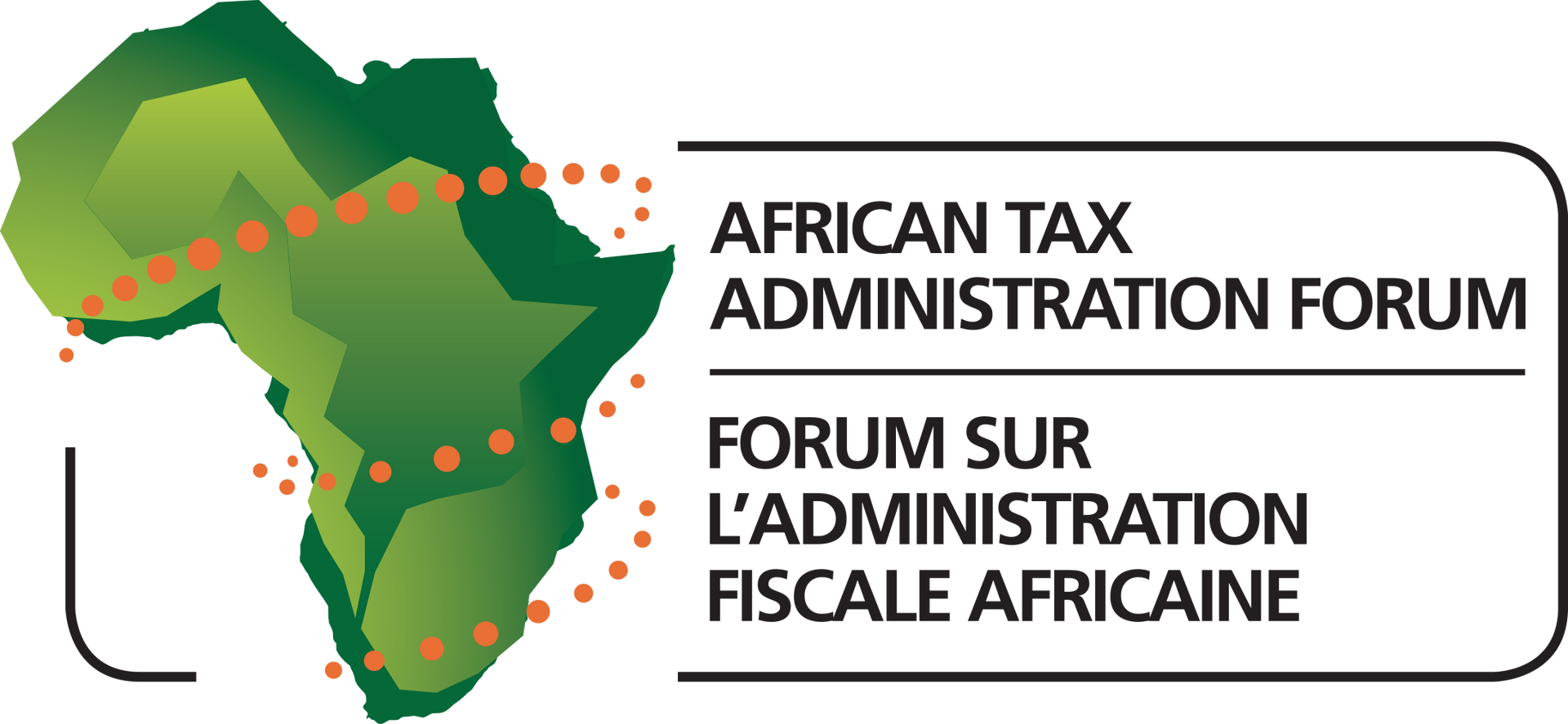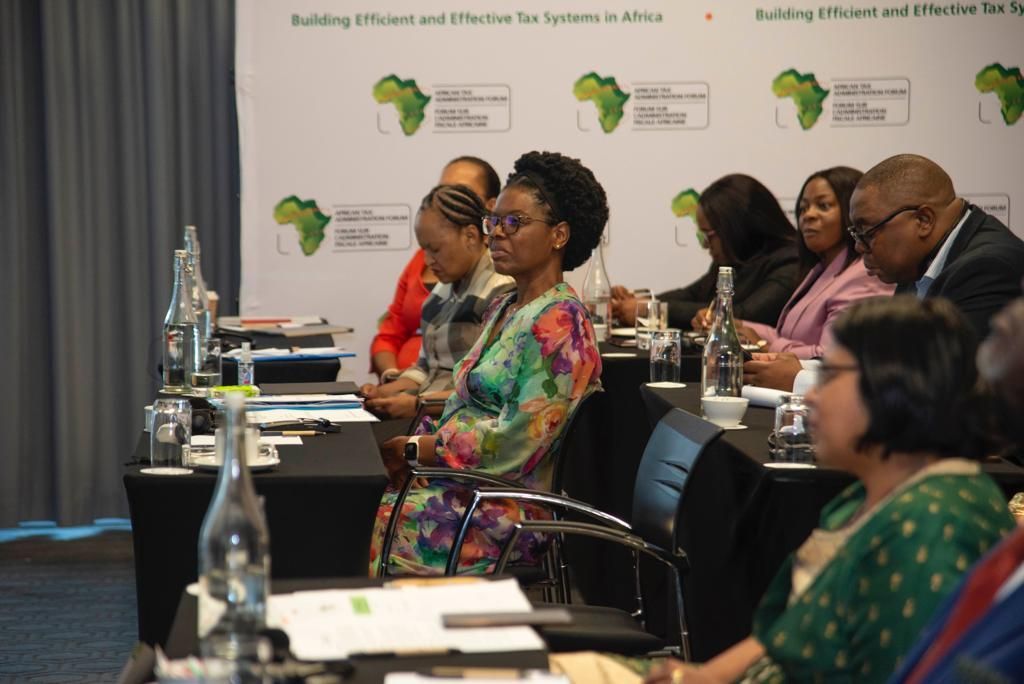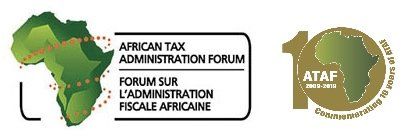Are electronic fiscal devices a silver bullet for efficient VAT collection in Africa?
A study published in the African Multidisciplinary Tax Journal (AMTJ) attempted to evaluate the impact of the implementation of EFDs on VAT compliance and VAT revenues in Malawi.

To collect tax revenues efficiently, tax administrations in Africa have invested in various technological solutions.
The move towards technology adoption in tax administration has been further propelled by the COVID-19 pandemic, which necessitated that revenue administrations lessen contact with taxpayers. Prior to the pandemic, some of the technological solutions in tax administrations included: the use of drones, use of cargo scanners, cargo tracking devices, implementation of e-filing and e-payment, and the adoption of electronic fiscal devices to enhance Value Added Tax (VAT) collection through the issuance of electronic fiscal receipts for every sales transaction.
The use of Electronic Fiscal Devices (EFDs) in VAT collection has drawn the interest of researchers in academia and tax administration in their attempt to measure the impact of such a significant investment.
Monetary-wise, EFDs are costly to acquire because every taxpayer eligible to operate sales VAT is usually required to have one for both B2C and B2B transactions. Hence, the investment accompanying the implementation of EFDs could be huge.
Yet, EFDs are prone to moral hazard by some unscrupulous traders who may not use the devices, switch them off and even jam or damage the machines. When they use the devices, the traders may falsify sales values and exaggerate purchases during VAT filing to lessen VAT liability or qualify for an unwarranted VAT refund. The cost arising from such non-compliance is enormous on the tax administration. The question is: Does the benefit in the implementation of the EFDs for tax administration far outweigh the cost arising from VAT fraud and non-compliance?
This benefit on the part of tax administration could come in the form of improved VAT compliance and enhanced VAT collection through the widening of the value-added tax net. A study published in the African Multidisciplinary Tax Journal (AMTJ) attempted to evaluate the impact of the implementation of EFDs on VAT compliance and VAT revenues in Malawi.
The study adopted a quantitative approach covering the period from July 2005 to June 2019. The analysis of VAT compliance and tax revenue used a sample of 318 taxpayers. The sample had 244 taxpayers from those using EFDs and 74 taxpayers without EFDs, all from the small and medium segment of the taxpayers. The study compared the mean growth of tax revenues before and after the implementation of EFDs in Malawi.
To measure changes in compliance, the study compared the VAT filing rates before and after the implementation of EFDs to observe any differences.
The results indicated that using VAT collection as a percentage of GDP, EFDs have not increased revenue collection in the period under review as evidenced by the declining trend of VAT share of GDP after the EFDs were rolled out.
The study also concluded that the deployment of EFDs has not resulted in increased compliance during the study period as shown by a decrease in the timely filing of tax returns in the post EFD era. As part of policy options, the study recommended a system for pairing sales and purchases to the tax administration. The study further urged the tax administration to understand why taxpayers did not submit their returns on time despite having EFDs.
CONTACT
14 Hilden Road (off Daventry Road),
Kaaimans Building,
3rd Floor, Lynnwood,
Pretoria, South Africa
Copyright © 2022 African Tax Administration Forum - All Rights Reserved










